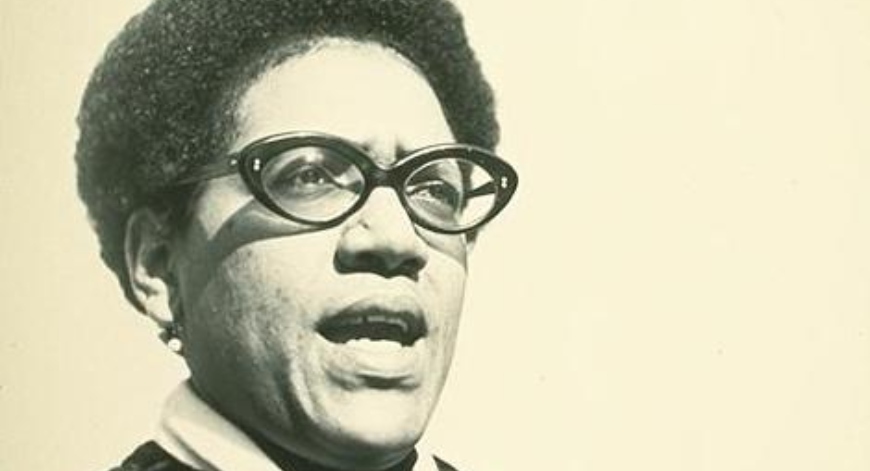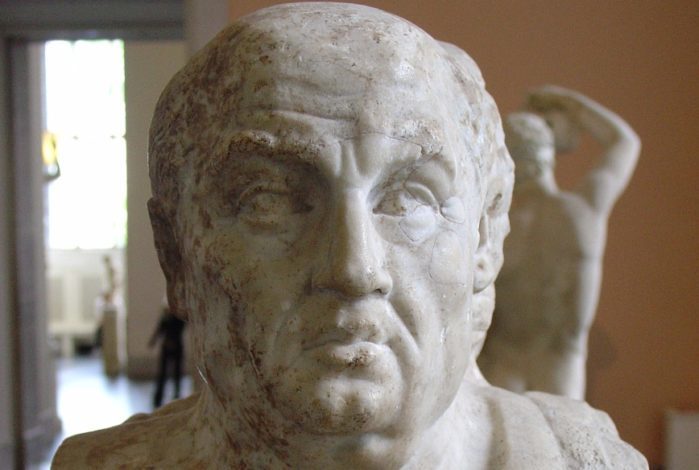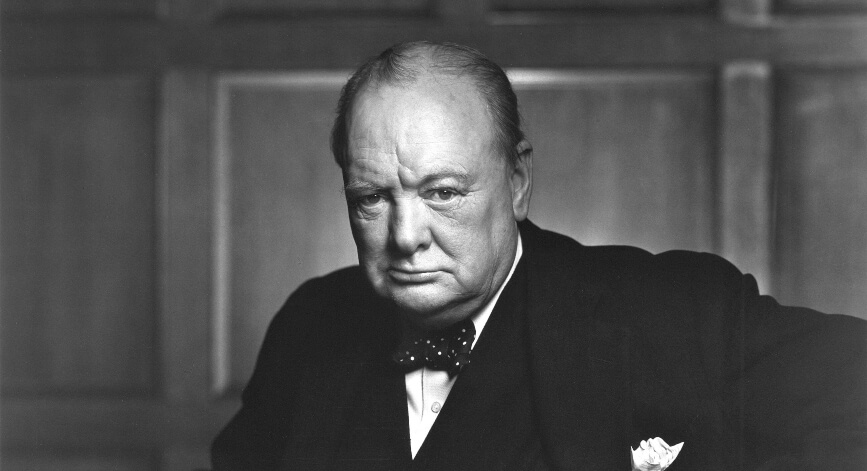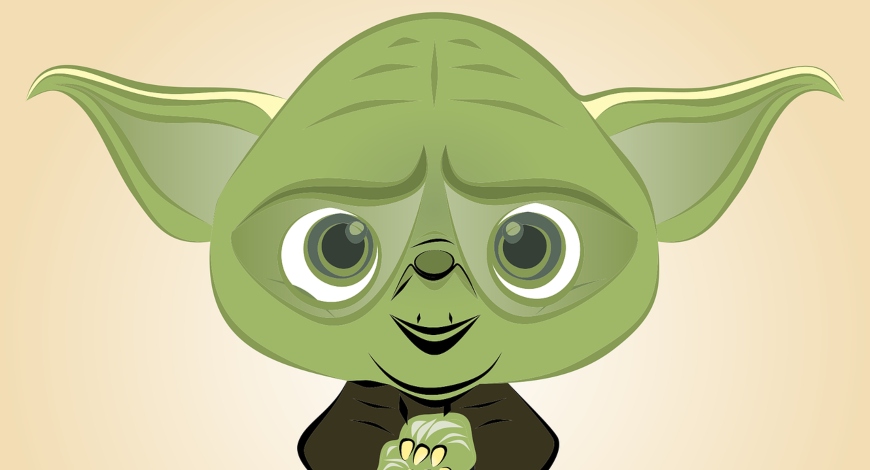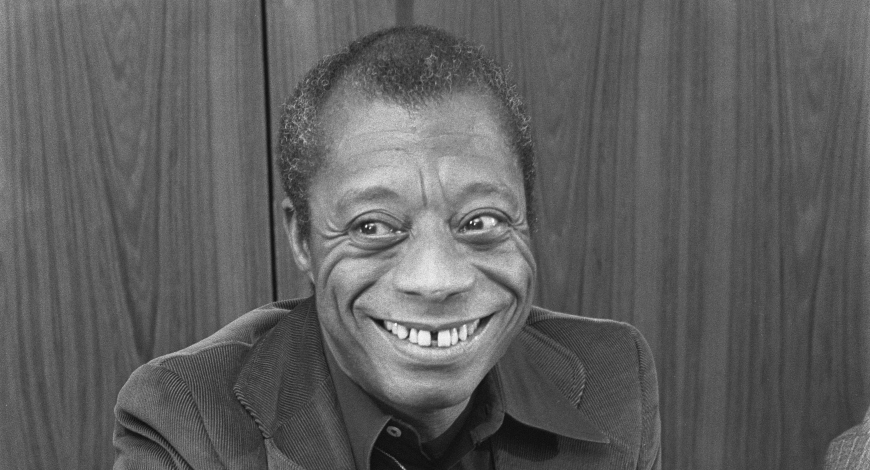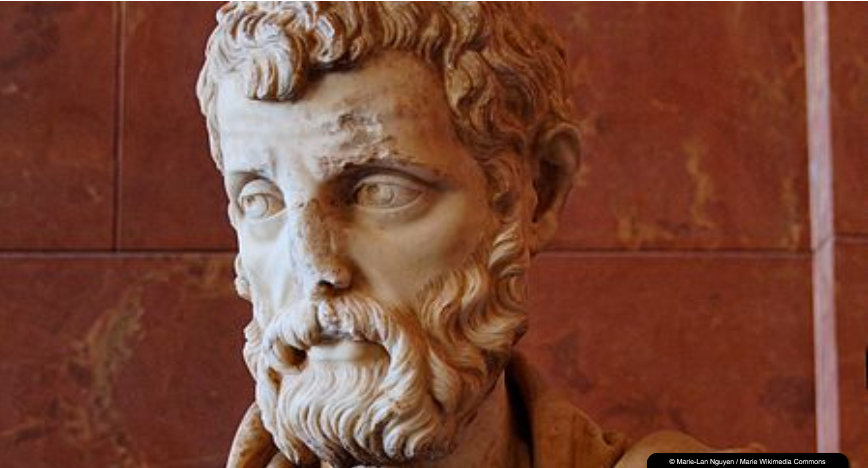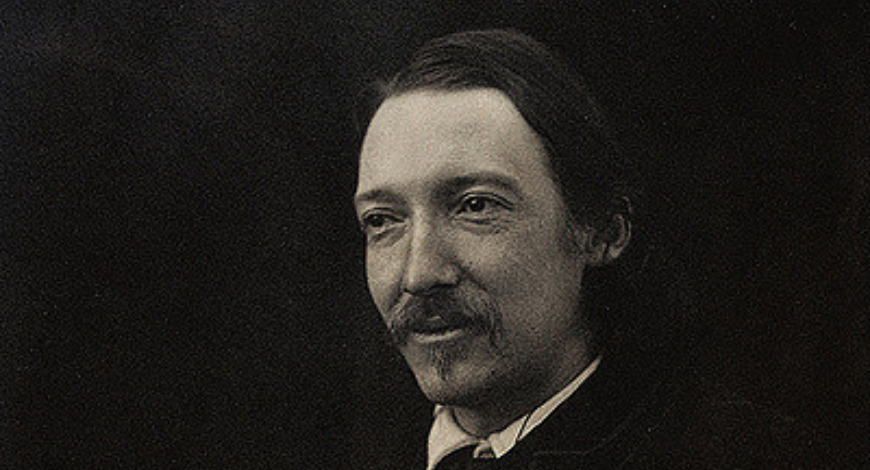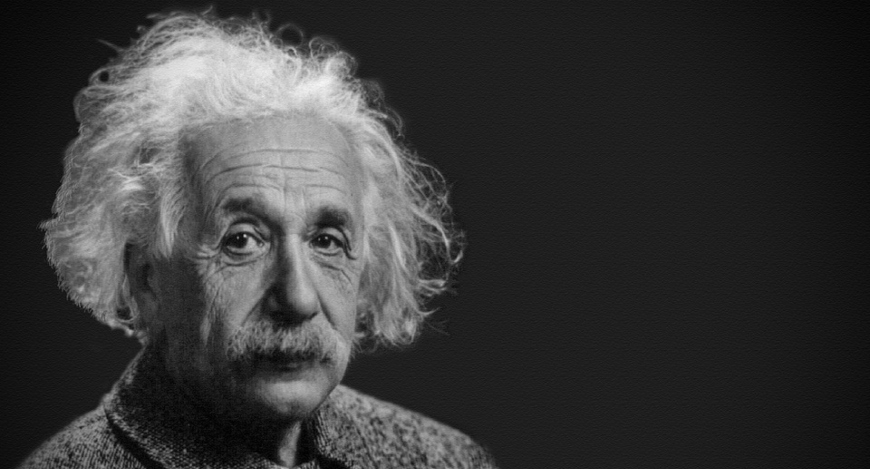Being a good person is hard enough. It’s even harder when we occupy positions of authority. That’s because authority gives us leeway to deal with others in whatever way we want, and carry through with punishments of our design. How we execute our power reveals our true values because we had the power to choose otherwise. Yet, adversity and hardship test our values too, and sometimes uncover more of who we really are.
Students make moral decisions everyday. Usually these decisions revolve around specific actions they take like helping a friend, cheating on a test or obeying curfew. But students also make moral decisions by being silent after witnessing the immoral behavior of others. In these situations, the impulse for self-protection overrides moral obligations. Learning how to choose whether or not to be silent in the midst of injustice is an important part of moral development.
Happiness is something that everyone wants. Sometimes, though, our imaginations create anxiety and actually prevent us from experiencing happiness. We make things worse than they actually are because of what we create in our minds. Yet, at other times, it is our actual experiences that create our suffering and our imaginations either magnify or diminish their importance. The power of the imagination is unique to each individual and can be a source of our happiness or despair.
Student success is mostly talked about in terms of achieving certain ends like getting a job, acing a test or winning a championship. Failure is seen as the opposite of success and something to avoid at all costs. But perhaps failure is the necessary fuel behind our success for without it, we could never achieve greatness in anything. The relationship between success and failure is a complicated one that students must sort out on their own.
From a young age we are taught the value of learning from our mistakes. The logic goes something like this– when we make mistakes we see opportunities for improvement and learning. Failure makes us wise. Yet, we also learn just as much through our successes for it is through them that we discover what we did right and what we should continue to do next time. Failure and success are both important teachers in our lives.
Kids rush into decision-making without forethought sometimes. They do it on term papers, in class projects and even in their relationships. Often, this approach causes more heartache and work in the long run. There is a lot to be said about careful, slow planning to avoid mistakes. But there’s also an inherent danger in taking the cautious approach. For if they spend all of their time planning, then there’s not much left for experimentation and learning from mistakes.
Freedom is an often-used yet really complex concept. Many consider freedom something that is granted to them which they don’t have to work for. Others see freedom as something denied, and something that must be fought for. These different conceptions of freedom spring from different life experiences which are in turn shaped by a person’s gender, race and ethnicity.
When bad things happen, students have choices to make on how to protect themselves. Some choose to fight back against the people or events which caused them pain, thinking that they have the power to change the world into something better. Others recoil and focus on changing their internal attitude, hoping that by doing that, they can maintain happiness no matter what happens. The wisdom for what to do in different situations comes with experience.
The only thing worse than being afraid is for others to see you that way. Fear diminishes a person’s ability to lead others. It causes hesitantcy, doubt and an inability to make decisions when they matter most. Courage, on the other hand, inspires the opposite– faith, hope and an unbreakable will to overcome setbacks. But maybe revealing our fears and being vulnerable shows a different kind of strength which gives us self-confidence and influence over others.
Of the many components to a strong character, none is more important than a person having a strong system of values. A person who has strong values stands for something, has a stable guide for behavior and prevents him/herself from being taken advantage of. But if a person is too rigid with a value system, then a different problem surfaces– that person becomes oblivious to new ideas and opportunities to grow. Knowing when to change values and when to stick to them is a life-long challenge.
When many kids talk about strategies for living a happy life, they often talk about goals, like getting a great job or becoming famous. If they reach that goal, then that’s clear evidence of success and deep satisfaction for having pursued something to completion. But what about the relationships we build? They also shape our happiness in a meaningful way but don’t always have end goals. Sorting what makes a person truly happy is very challenging work.
We constantly compare ourselves to others, often concluding that they have it much better than we do. We spend much of life idolizing people and, in the process, give them power over us. Yet, what’s lost here is the stark truth that other people have just as many insecurities and problems as we do and that, because of this, we could focus on the power we have to be the best versions of ourselves.



